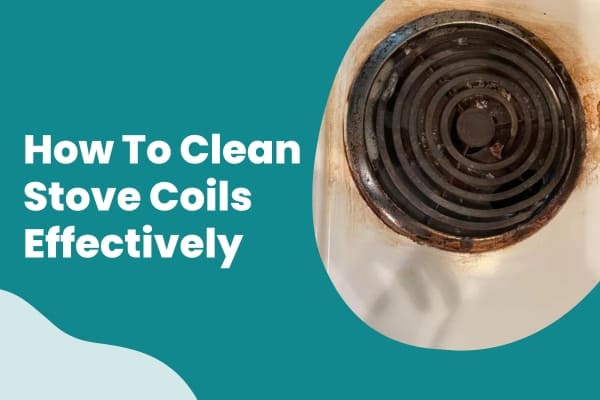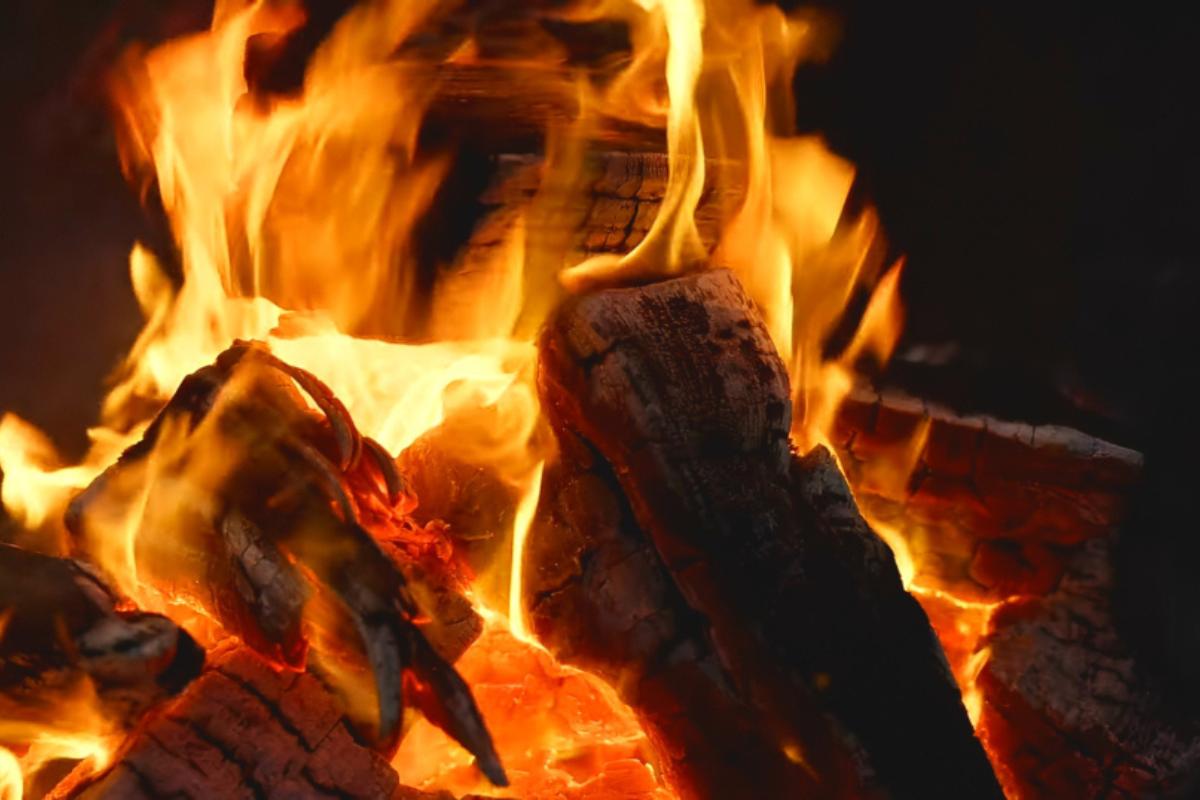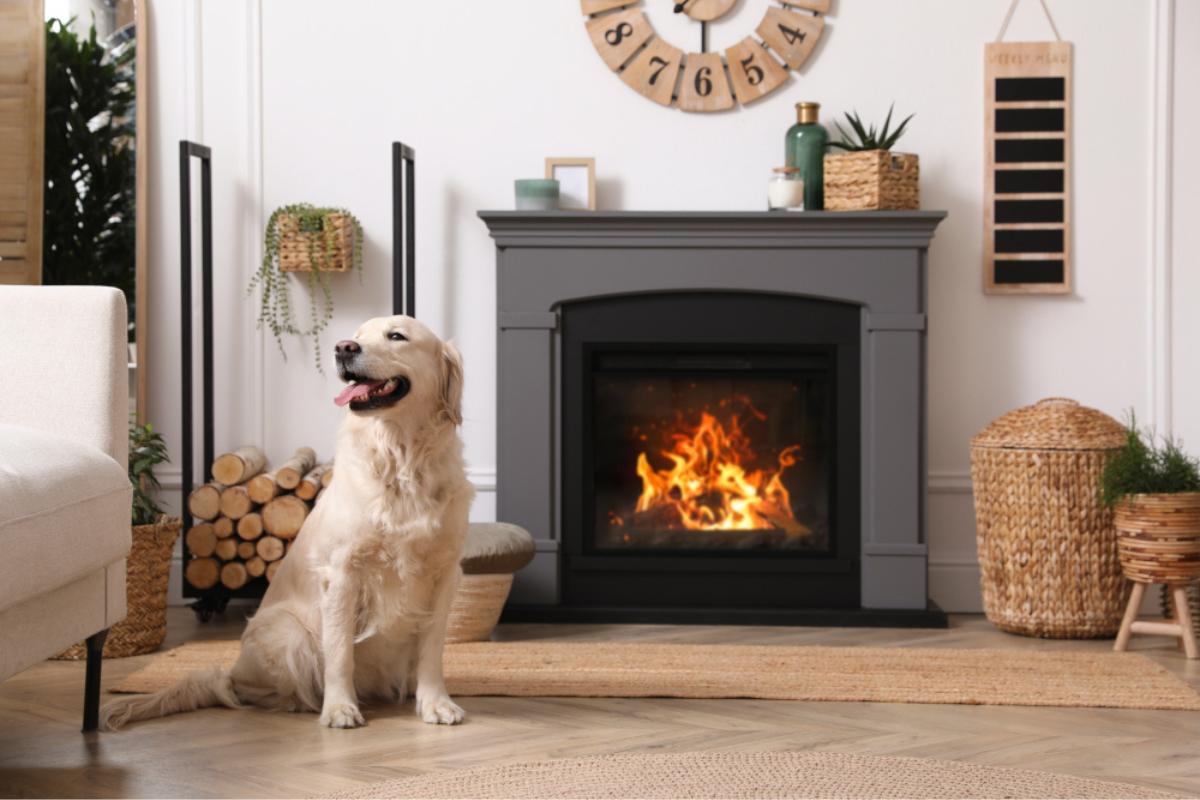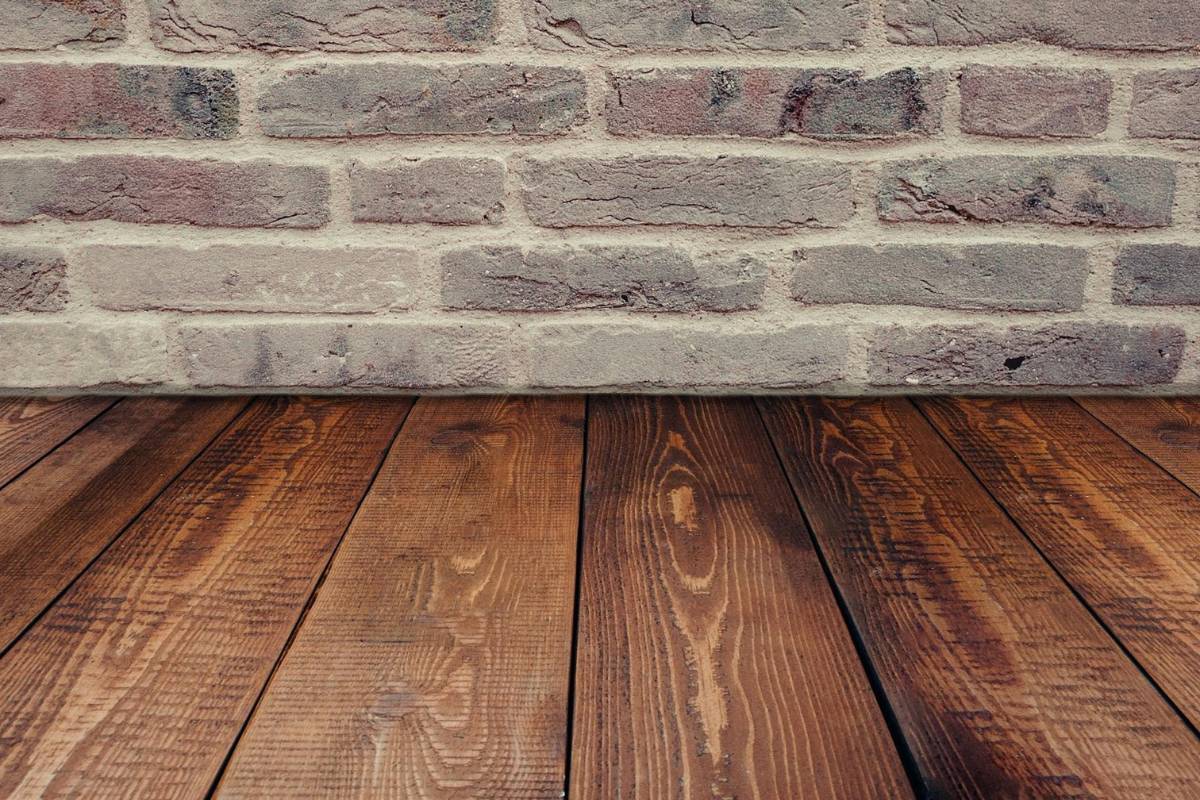If you’ve got an electric stove, you know that keeping those coils clean can be challenging. Over time, they can accumulate layers of burnt food, grease, and other grime that look unsightly and cause the stove to function less efficiently. More importantly, it can even be a safety hazard.
So, it’s crucial to know how to clean these components properly. This article will guide you through this process, offering tips on how to remove stubborn burnt food, how often you should clean your stove coils, and how to prevent grease buildup. Plus, we’ll let you in on the signs that your coils need a good cleaning.
It’s all about maintaining your freedom to cook safely and efficiently. Read on to learn how to keep your stove coils in top condition.
Why Is It Important to Clean Stove Coils?
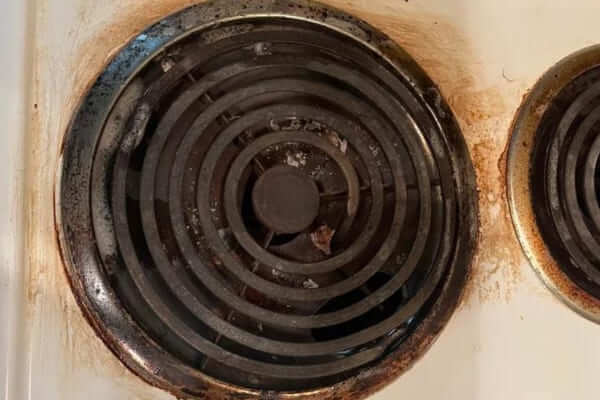
It’s vitally important that you pay attention to the necessity of cleaning your stove coils.
Not only does this practice prevent the spread of germs, but it also significantly mitigates the risk of fires, keeping your kitchen safer.
Moreover, regular cleaning enhances the performance of your stove and maintains its aesthetic appeal, ensuring that your appliance always looks its best and operates at peak efficiency.
To Prevent the Spread of Germs
To keep those pesky germs at bay, thoroughly clean your stove coils. The reason behind this is simple – the food residue left behind can become a breeding ground for bacteria and other harmful microbes.
This is about more than just maintaining the aesthetics of your stove. It’s about safeguarding your family’s health, particularly if you have young children or individuals with compromised immune systems.
The sanitation benefits of a clean stove extend beyond the surface. By regularly cleaning your stove coils, you’re not only preventing the spread of germs but also ensuring the freedom to cook meals in a hygienic environment.
So, don’t compromise on cleanliness. Be proactive in maintaining your stove, ensuring a germ-free cooking space, and promoting overall health.
To Prevent Fires
Don’t let that burnt food residue sneak up because it can transform your cooking space into a dangerous fire hazard without regular attention.
Take charge of your fire safety measures by making it a habit to clean stove coils regularly. This isn’t just about cleanliness; it’s about safeguarding your home and your freedom from the fire threat.
Neglected stove coils caked with food debris can ignite unexpectedly, leading to a potentially devastating blaze. Make sure to unplug the stove before you begin the cleaning process. Using a brush or a damp cloth, gently scrub away the residue. For stubborn spots, a baking soda and water mixture works wonders.
Remember, maintaining a clean stove isn’t just a chore. It’s an essential part of your fire safety routine.
To Keep Your Stove Looking Its Best
Maintaining your cooktop’s shine isn’t just about aesthetics, and it’s a testament to your meticulousness and pride in your kitchen space. Your stove, especially its coils, is a workhorse that deserves your attention and care.
Regular cleaning keeps it looking its best and extends its coil lifespan significantly. Imagine the freedom that comes with a stove that works efficiently, free from burnt-on food and grease. You have the power to create this reality. Use a soft cloth, baking soda, and a bit of elbow grease, ensuring all residue is wiped away.
This will prevent grimy buildup, keeping your stove coils in prime condition and your kitchen looking sharp. Remember, a clean stove is more than just a pretty face; it signifies a well-maintained kitchen.
To Improve the Performance of Your Stove
You’ll notice a significant boost in your cooking appliance’s performance when you give it the TLC it deserves. Cleaning your stove coils improves its visual appeal and extends its coil lifespan.
This routine maintenance task can be a game-changer in your kitchen, improving efficiency and preventing unwelcome surprises during meal prep.
Regularly cleaning your stove coils will ensure they heat up more evenly and work more effectively.
How to Clean Stove Coils?
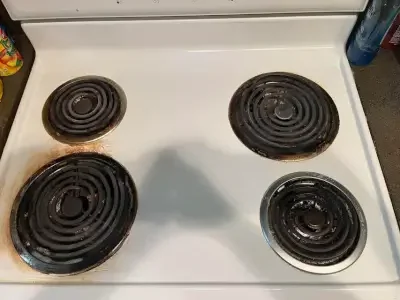
Step 1- First, ensure your stove is turned off, and the coils have cooled down completely before you start cleaning.
Step 2- Detach the coils from the stove, and remember to remove any removable drip pans.
Step 3- Now, gently mix dish soap and warm water. Use a sponge or cloth to scrub the coils thoroughly. You can carefully scrape off any stubborn, burnt-on food using a plastic razor or the edge of a credit card.
Step 4- Make sure you rinse the coils with clean water and dry them properly with a clean cloth before reinstalling them. If your coils still need to be cleaned, consider replacing them. Cleaning your stove coils regularly can extend their life and prevent frequent replacements.
How to Remove Burnt Food from Stove Coils?
If you’re dealing with stubborn burnt food on your stove coils, don’t fret; you can follow several steps to restore them to their former glory.
Start by gently scrubbing the coils with a mild soap and water solution, then amp up your cleaning power with a baking soda paste for those tough, stuck-on bits.
After that, a spray of vinegar will further help break down the grime, and if necessary, you can finish with a degreaser or oven cleaner for a spotless finish.
Step 1 – Use a Mild Soap and Water Solution
Embrace the soothing scent of mild soap as it blends with warm water, creating a simple yet powerful solution perfect for scrubbing away at those stubborn stove coils. This is the first step in our cleaning techniques designed to rejuvenate your stove. Don’t underestimate the potency of this unassuming duo; it’s your secret weapon in the fight against grime and burnt-on food.
Dip a sponge or cloth into your homemade solution and prepare to see its magic. As you scrub the coils, the soapy water works tirelessly, dissolving the dirt and grime that has taken residence there. If any stubborn, burnt-on food remains, fear not. Simply use a plastic razor blade or the edge of a credit card to scrape it off.
Step 2- Make a Baking Soda Paste
Now it’s time to whip up your next secret weapon against stubborn grime: a mighty paste made of baking soda and water.
To create this powerful solution, you must mix one part baking soda with three parts water. This natural, non-toxic ingredient is a fantastic alternative to harsh chemical cleaners, providing a safer option for you and your family.
Once your paste is ready, apply it directly onto the stove coils. The thickness of the paste should allow it to cling to the coils, providing a thorough cleaning. Let it sit for 15 minutes to soften and break down the grime. After this time, scrub away diligently. This process ensures a deep clean, leaving your stove coils gleaming.
Step 3- Spray the Coils with Vinegar
Once you’re done with the baking soda, grab a spray bottle filled with vinegar and give those pesky grime spots a good spritz. The acid in the vinegar will react with the baking soda, creating a foam that’ll help break down the stubborn, burnt-on food particles.
Ensure to cover the entire surface of your stove coils with vinegar. Allow it to sit for 10 minutes before you start scrubbing. This will give the vinegar ample time to work its magic, loosening the grime and making cleaning a breeze.
If you’re out of vinegar or prefer a different cleaning agent, there are several alternatives to consider. Lemon juice, for instance, has similar acidic properties and can be used similarly. Always remember patience’s key when dealing with stubborn grime.
Step 4- Use a Degreaser or Oven Cleaner
If stubborn spots remain after the vinegar treatment, you’ll want to resort to a heavy-duty degreaser or oven cleaner for a more thorough scrub. The choice of your degreaser plays a crucial role in ensuring freedom from dirt and grime. Degreaser selection should be based on its effectiveness, ease of use, and safety.
A good degreaser or oven cleaner is designed to break down tough, baked-on grease and grime, making cleaning much easier. Simply spray the selected product onto the coil, covering all soiled areas thoroughly. Allow it to sit for the time specified on the product label—this gives the cleaner time to penetrate and loosen the grime. Then, gently scrub using a non-abrasive brush or sponge and wipe clean. Always remember to rinse thoroughly and dry before reinstalling the coils.
With this approach, you’ll have clean and shiny stove coils quickly.
How Often Should Stove Coils Be Cleaned?
You’ll want to clean your stove coils at least once a month to maintain optimal performance and hygiene but clean them more frequently if you’re a heavy stove user. This cleaning frequency might seem daunting, but it’s essential to remember the importance of a clean cooking environment.
Burnt food residue impedes the stove’s function and attracts bacteria and germs. If you value freedom in your kitchen, you wouldn’t want these unwanted guests infringing on your culinary creativity. Regular cleaning gives you the leeway to cook without worrying about potential health hazards.
So, whether you’re an occasional cook or a culinary enthusiast, adjusting your cleaning frequency accordingly ensures that your stove coils stay in top-notch condition, ready for your next cooking adventure.
How to Prevent Grease Buildup on Stove Coils?
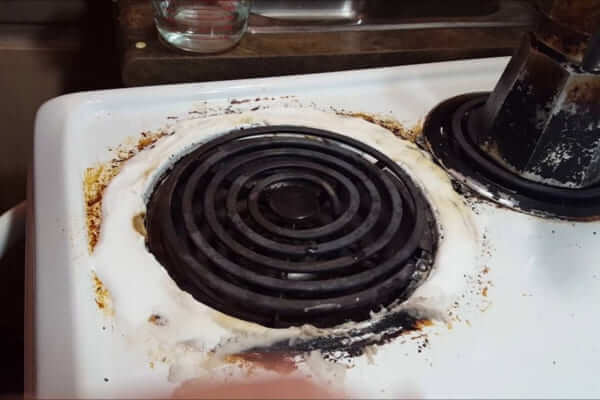
Keeping your kitchen appliances free of grease and grime can be an arduous task, but it’s not impossible to prevent that stubborn buildup on your stove coils.
Adopt a regular cleaning frequency; wipe down the coils with a damp cloth to remove food particles or grease splatters after each use. Make it a habit to clean the coils once a week using a mild soap and water solution.
If there’s burnt-on food, gently scrape it off with a plastic razor blade or credit card edge. For gas stoves, vinegar is an effective cleaning agent. Spray the coils, let it sit for 10 minutes, then scrub them away.
Maintain cleanliness in the surrounding area and use a splatter guard when cooking to prevent grease from reaching the coils. Regularly clean the drip pans to avoid grease overflow.
How to Know if That Stove Coils Need Cleaning
Ever noticed a strange smell, smoke, or uneven heating when you’re whipping up your favorite dish? That might be your kitchen’s subtle way of telling you it’s time for a thorough scrubbing session.
Certain signs indicate this need, and paying attention to them ensures your safety and enhances coil durability.
- First off, keep an eye out for grease or oil buildup on your stove coils. This residue can affect their performance and even cause a fire hazard.
- Next, burnt leftovers on the coils indicate they need a good cleaning.
- Also, smoke or unusual fumes when using the stove are a sure sign of dirty coils.
- Lastly, if your coils are not heating up evenly, it’s time to roll up your sleeves and get them sparkling clean.
FAQs
Can You Spray Oven Cleaner on The Coils?
No, you should not spray oven cleaner on stove coils. Oven cleaner is a harsh chemical that can damage the coils and void the warranty. You can use a degreaser or oven cleaner if you have burnt food that is difficult to remove. However, be sure to follow the instructions on the product label carefully.
Can You Use Baking Soda and Vinegar to Clean Stove Coils?
Yes, you can use baking soda and vinegar to clean stove coils. Baking soda is a mild abrasive that can help to remove burnt-on food residue. Vinegar is a natural disinfectant that can help to kill bacteria.
Can You Get Stove Coils Wet?
Yes, you can get stove coils wet. However, you should be careful not to get water on the electrical connections. If water gets on the electrical connections, it could cause a short circuit.
You can use a mild soap and water solution or a baking soda paste to clean stove coils. You can also use a degreaser or oven cleaner, but follow the instructions on the product label carefully.
After cleaning the coils, wipe them dry to prevent water spots from forming.
Also, Check:
- How To Clean Stovetop Popcorn Popper?
- How To Clean Whirley Pop Popcorn Popper?
- How To Clean Electric Stove Coil Tops?
Conclusion
In conclusion, keeping your stove coils clean is vital for efficiency and safety. Regular cleaning prevents grease buildup and burnt food residue, ensuring your stove performs at its best.
Be sure to see noticeable dirt or experience performance issues. Make it a habit to clean your stove coils regularly.
Remember, a clean stove is a happy and efficient stove. So, roll up those sleeves and get cleaning!

